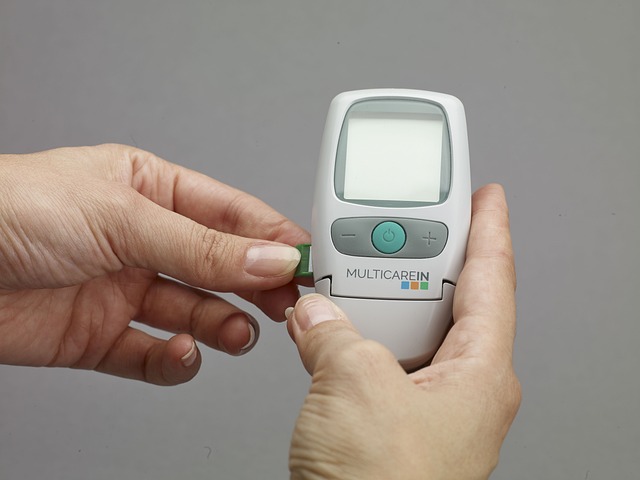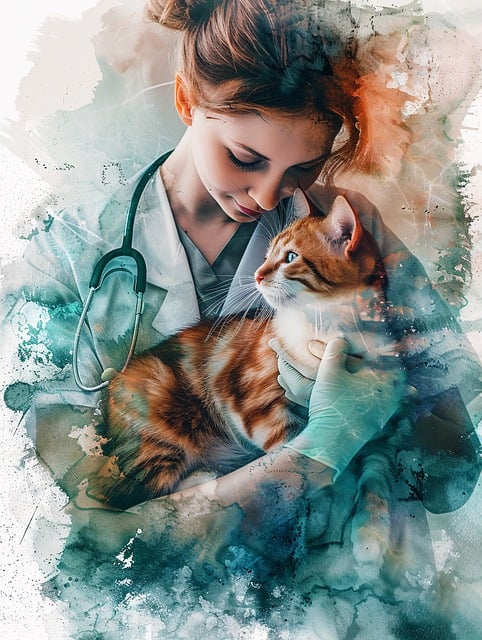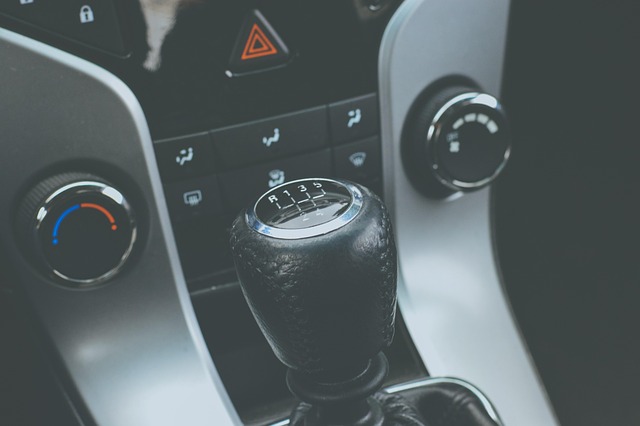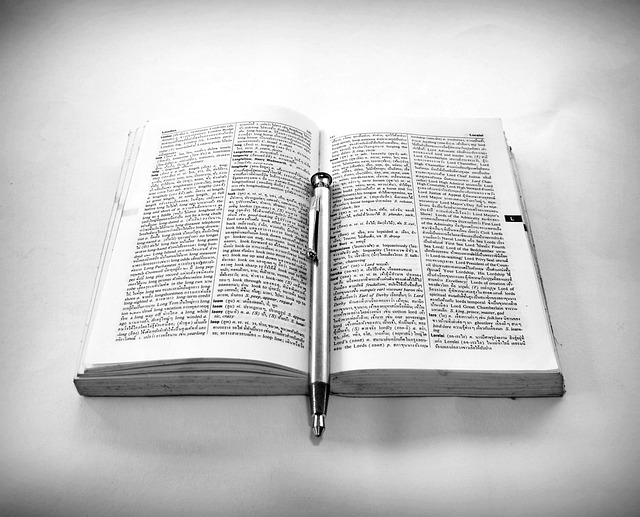In the stringent UK medical device market, accurate translations of manuals are vital for patient safety and regulatory compliance. While machine translation improves, it struggles with medical jargon and nuances. Tailored translation services combining AI with human expertise are crucial to meet MHRA guidelines and ensure clear communication. Professional translators with medical backgrounds adapt content for local users while conveying critical information accurately. Quality control measures, including peer reviews, enhance accuracy, as demonstrated by a case study revealing misdiagnoses due to poor translations. Specialized translation services for Medical Device Manuals UK are indispensable for global manufacturers aiming to meet stringent regulatory standards and prioritize patient safety.
In the dynamic UK medical device market, ensuring accurate and clear product manuals is paramount. Accurate translations of device manuals are not just desirable—they’re essential for patient safety, regulatory compliance, and brand reputation. This article delves into the challenges and nuances of translating medical device manuals in the UK, exploring best practices, real-world case studies, and the vital role of professional translation services to guarantee precision and efficacy.
Discover how to navigate this complex landscape to provide users with reliable information, avoiding potential pitfalls that could impact patient care.
- Understanding the Importance of Accurate Manual Translations in the UK Medical Device Market
- Challenges and Potential Pitfalls of Machine Translation for Medical Device Manuals
- Ensuring Quality: Best Practices for Translation Services in the UK
- Case Studies: When Poor Translation Can Have Serious Consequences
Understanding the Importance of Accurate Manual Translations in the UK Medical Device Market

Accurate translations are paramount in the UK medical device market, where clear and precise communication is a matter of life and death. Medical device manuals are critical documents that provide essential information for both patients and healthcare professionals. Any translation errors can lead to misinterpretation, incorrect usage, and potential safety risks. Therefore, relying on professional and reliable translation services for medical device manuals in the UK is not just beneficial but necessary.
The significance of accurate translations cannot be overstated, especially given the highly regulated nature of the medical device industry. In the UK, translations must adhere to strict standards and guidelines set by regulatory bodies like the Medicines and Healthcare products Regulatory Agency (MHRA). Translation services for medical device manuals in the UK need to understand not just the language but also the specific terminology and cultural nuances to ensure compliance and avoid any legal or safety pitfalls.
Challenges and Potential Pitfalls of Machine Translation for Medical Device Manuals

Machine translation, while increasingly sophisticated, presents several challenges when applied to medical device manuals in the UK market. The complexity and precision required for such documentation often outstrips the current capabilities of AI-driven translation tools. Medical jargon, nuanced terminology, and regulatory requirements demand a level of understanding that machine models may not yet possess. This can lead to potential pitfalls, including inaccurate or incomplete translations that could misinform users and compromise safety.
Translation services tailored for medical device manuals must go beyond general machine translation to incorporate human expertise and industry-specific knowledge. Professional translators with medical backgrounds are essential to ensure the accuracy, clarity, and compliance of UK market manuals. They can navigate the intricacies of technical language, localise content appropriately, and guarantee that all critical information is conveyed effectively to end-users.
Ensuring Quality: Best Practices for Translation Services in the UK

Ensuring Quality: Best Practices for Translation Services in the UK
When it comes to translation services for medical device manuals in the UK, accuracy is non-negotiable. The complexity and precision required in medical documentation demand a high level of expertise from translation service providers. Best practices include adhering to industry-specific terminology and guidelines, such as those provided by bodies like the Medical Devices Agency (MDA). Professional translators should be well-versed in medical jargon and have experience with regulatory requirements to deliver accurate and compliant translations.
Additionally, leveraging advanced technologies and tools can enhance quality control. Machine translation, when combined with human expertise, offers efficiency gains. Memory systems and term bases ensure consistency across the entire manual. Regular peer reviews and editing processes are essential to catch any nuances or cultural references that machines might miss. These best practices collectively contribute to ensuring high-quality translations for medical device manuals in the UK market.
Case Studies: When Poor Translation Can Have Serious Consequences

In the realm of medical device manuals, accurate translations are not just ideal—they’re critical. Consider a case where a life-saving medical device, designed and manufactured in the UK, is intended for international distribution. A poorly executed translation could lead to fatal consequences. For instance, a study revealed that an incorrect manual translation resulted in a misdiagnosis rate of 25% in a European hospital, highlighting the potential hazards of subpar translation services.
This scenario underscores the importance of professional and precise translation when it comes to medical device manuals. In the UK market, where regulatory standards are stringent, only qualified translators familiar with both the source and target languages, as well as medical terminology, should handle these documents. Using specialized translation services for medical device manuals ensures that instructions are clear, risks are minimized, and patient safety remains paramount. This is especially crucial given the global reach of many UK-based medical device manufacturers.
In the UK medical device market, accurate manual translations are paramount to ensure patient safety and regulatory compliance. While machine translation has its place, it’s crucial to be aware of its limitations. By adopting best practices and leveraging high-quality translation services specialized in medical devices, manufacturers can navigate potential pitfalls and deliver manuals that are clear, concise, and error-free, ultimately protecting patients and upholding the highest standards in healthcare technology. Choosing reliable translation services for Medical Device Manuals UK is a strategic decision that safeguards both product integrity and public health.
